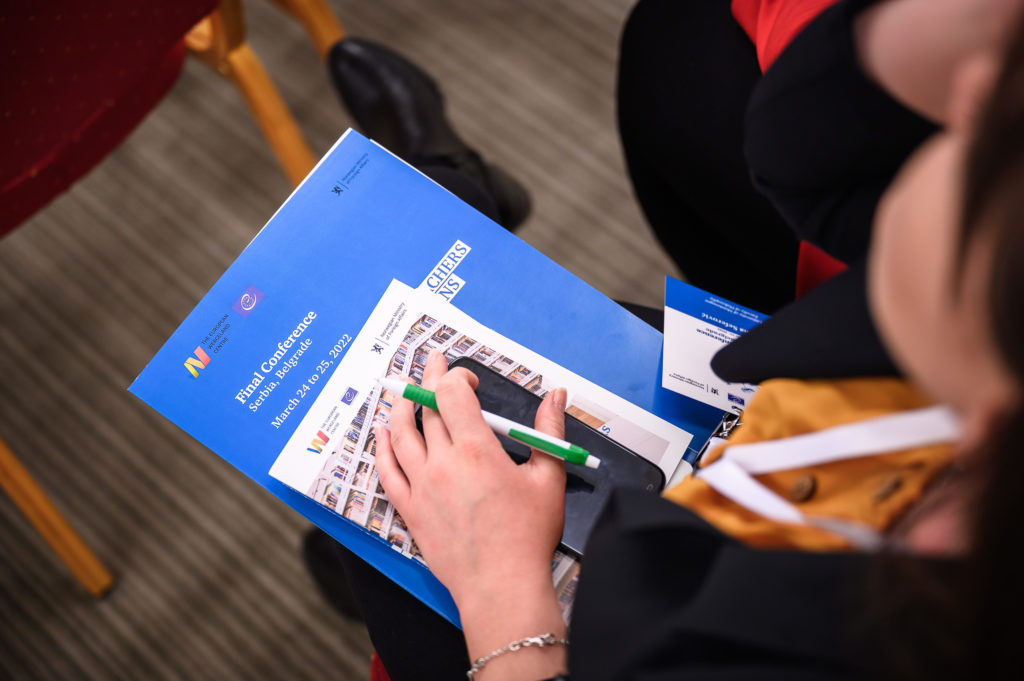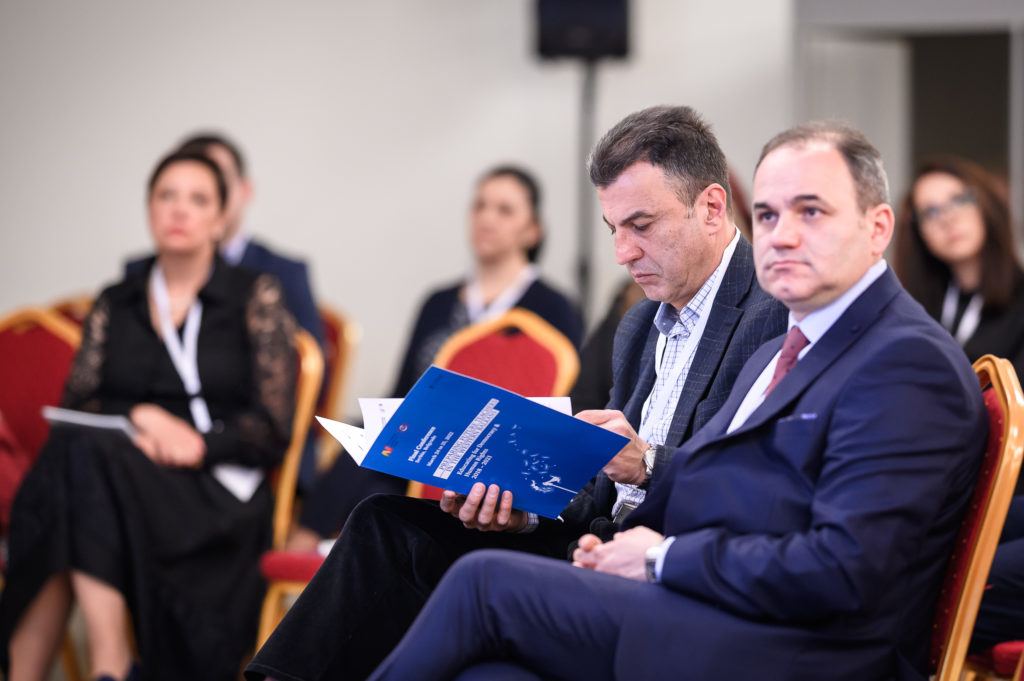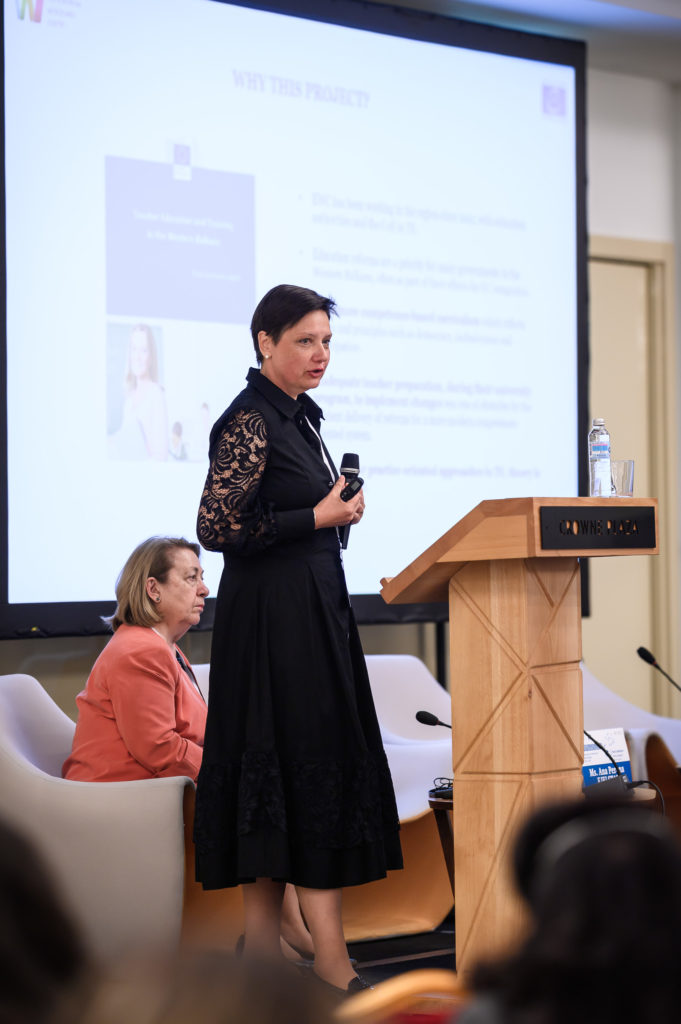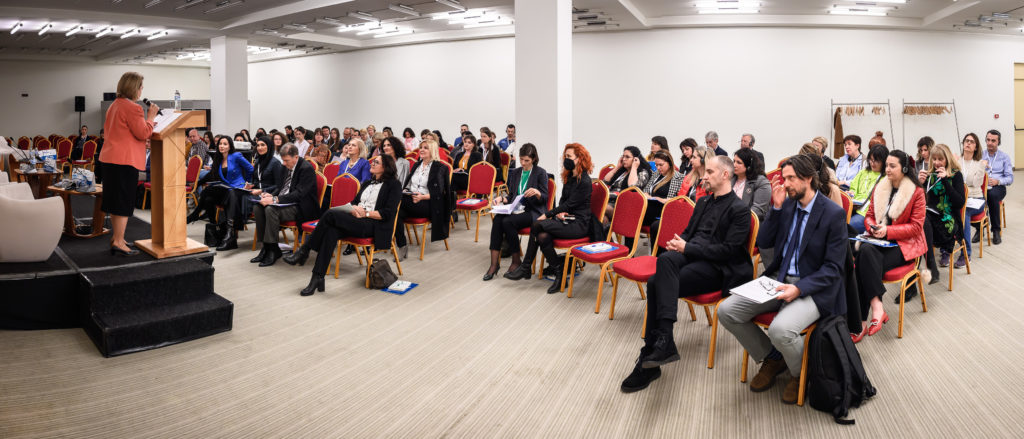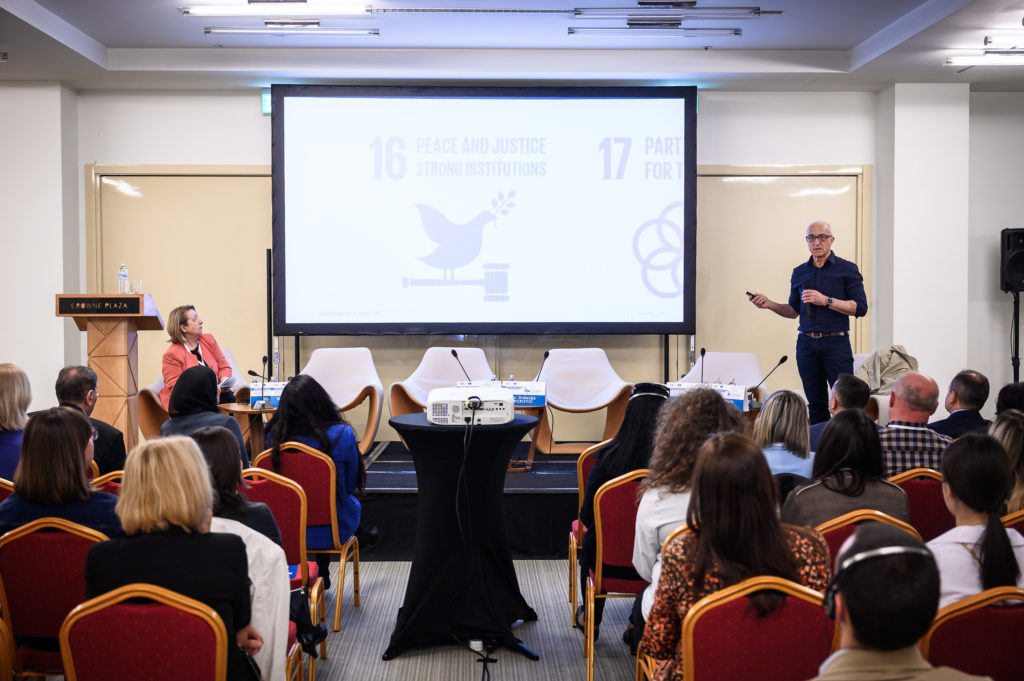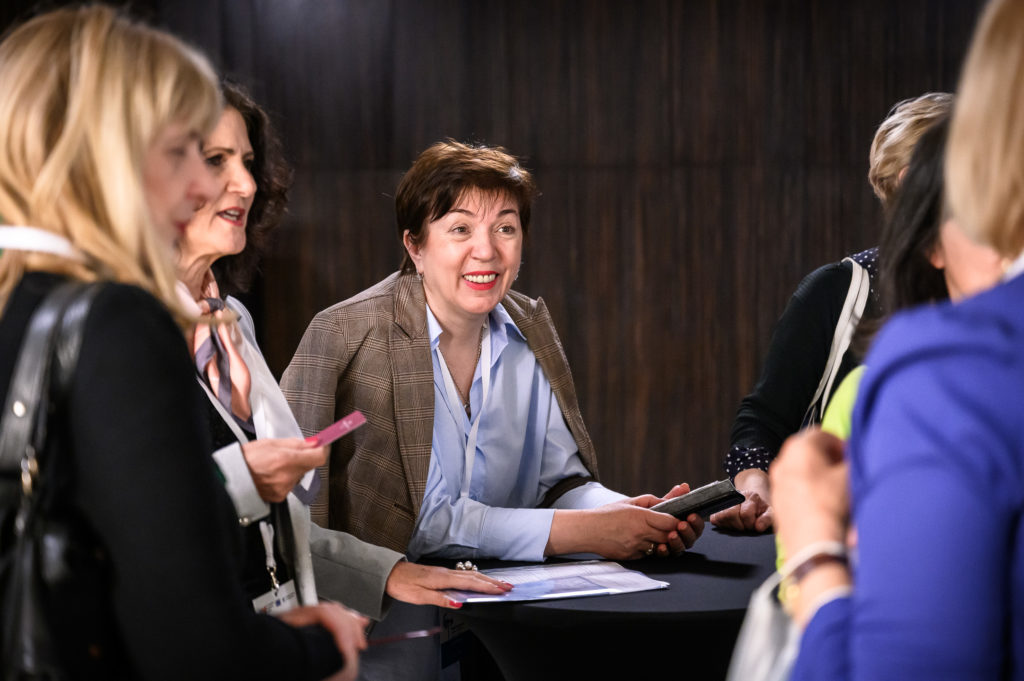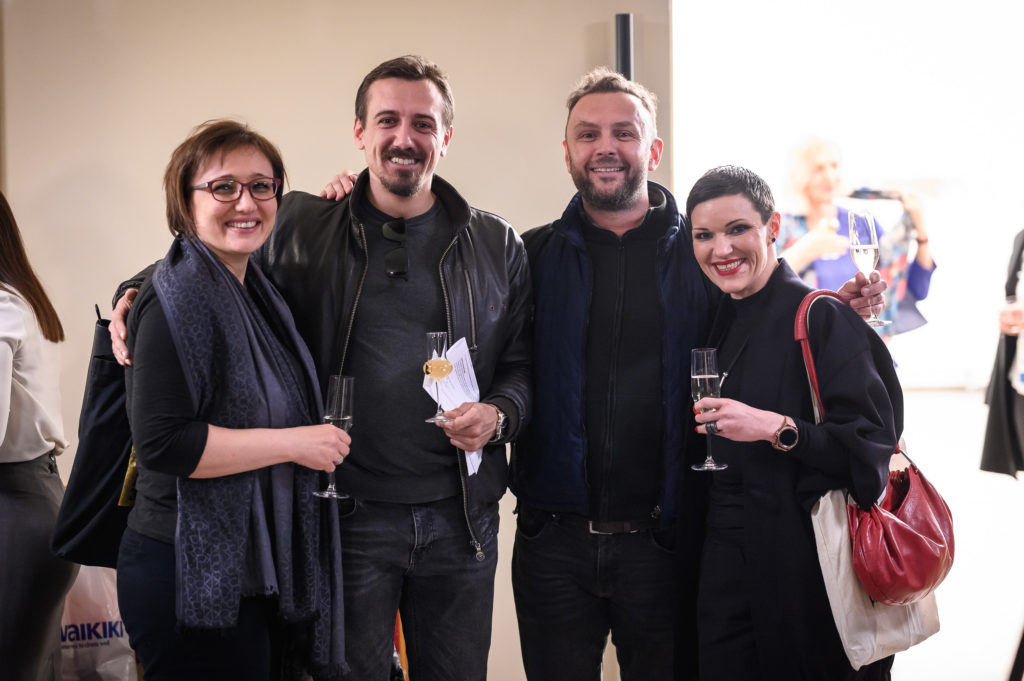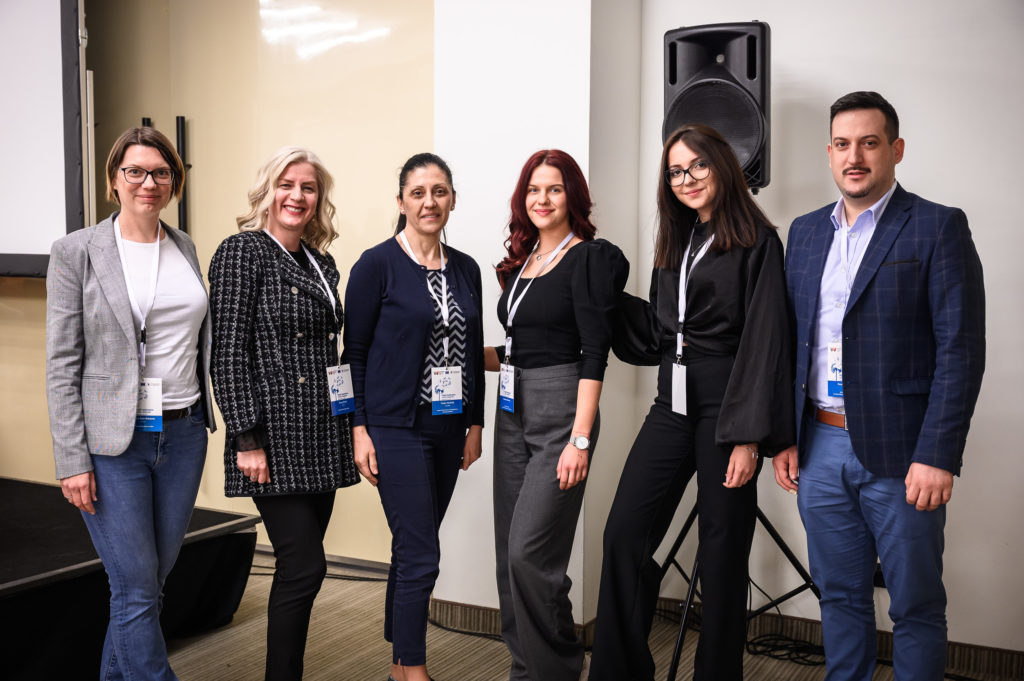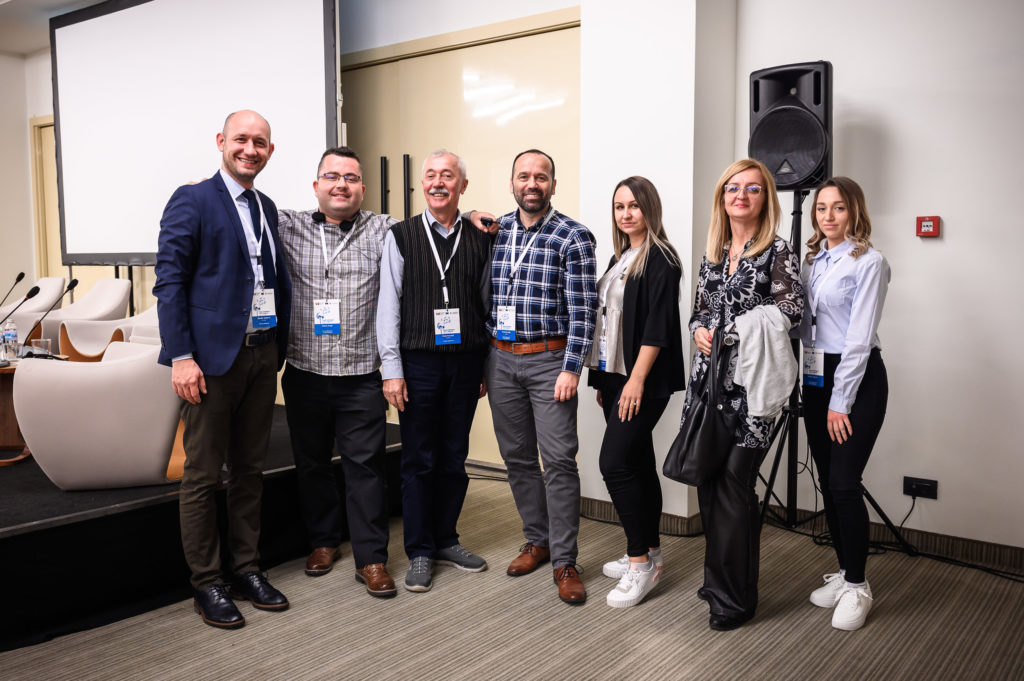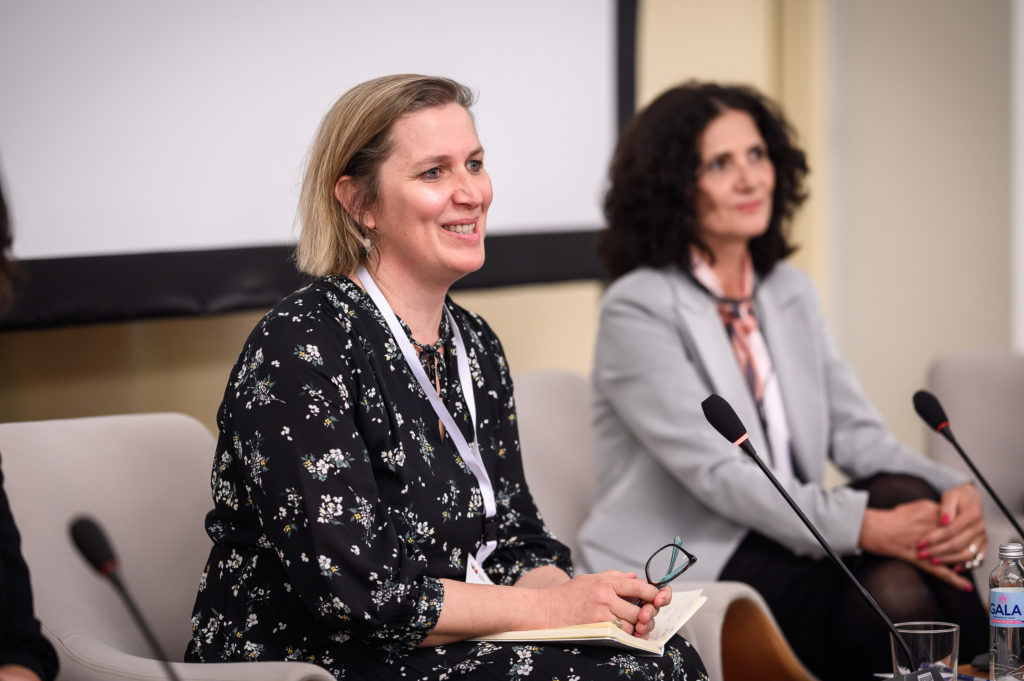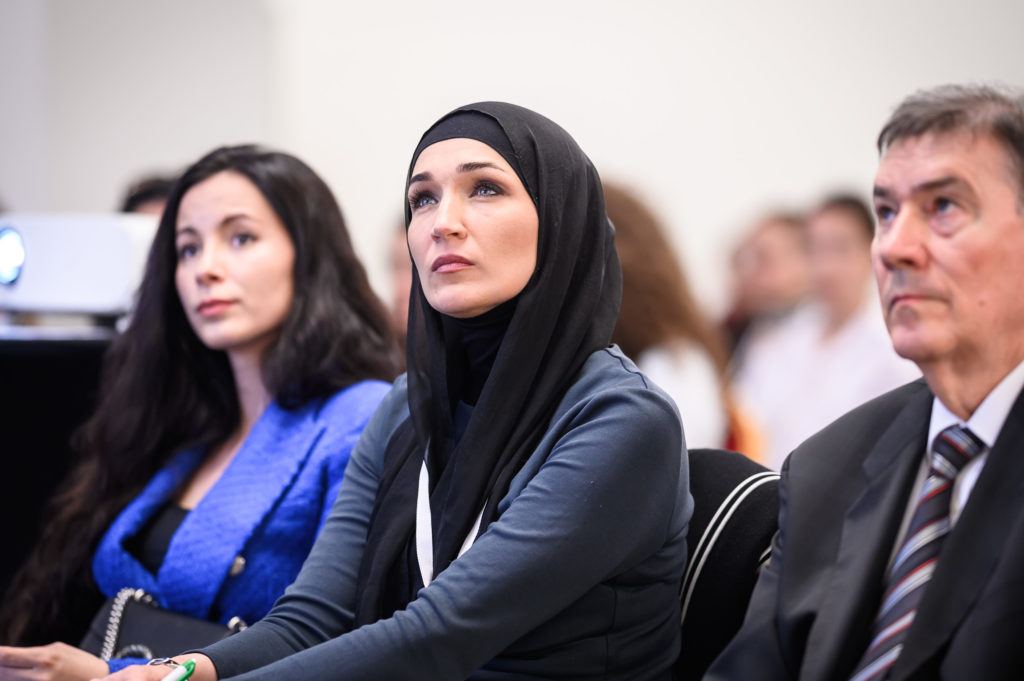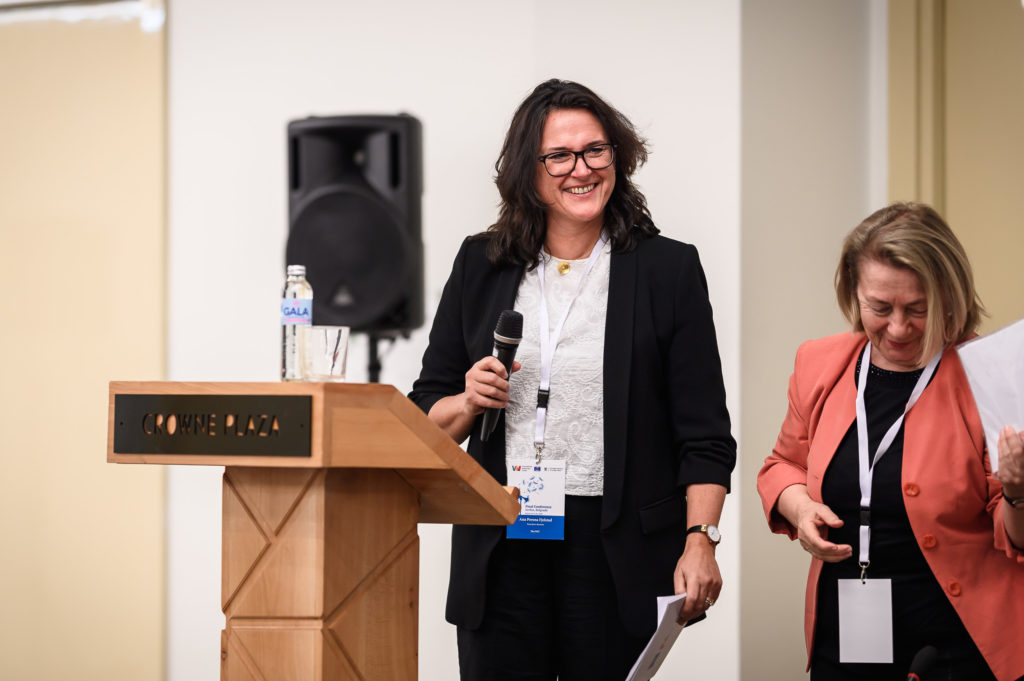The final conference of the project «Preparing Future Teachers in the Western Balkan. Educating for Democracy and Human Rights» showcased great accomplishments and revealed strong motivation for continued cooperation in the region.
The project originally grew out of a European Commission study on Teacher Education and Training in the Western Balkans (2013).[1] The study highlighted the need to modify the existing professional preparation of teachers, because the emphasis on theory in teacher education continued to overshadow practical teaching competences. The whole region was in a process of transition from a traditional education approach to a modern competence-oriented system, which emphasizes inclusiveness and democratic competences.
The project launched in 2018, with the aim of contributing to this educational reform by strengthening the quality of initial teacher education in Albania, Bosnia and Herzegovina, Kosovo[2], Montenegro, North Macedonia, and Serbia. The model was designed to work through partner institutions in all the countries in the region, with main partners being universities and higher education institutions with a teacher training focus. At the same time, there has been extensive cooperation with partners such as NGOs, schools for training of teacher students and teacher mentors, as well as authorities from the educational sector.
Our theory of change builds on the idea of strengthening democratic competences on the level of initial teacher education. Adapting existing semester courses to include more democratic competences and a focus on human rights, as well as creating new semester courses where such topics are cross curricular, enables teacher students to raise these issues in their classroom in the future. Moreover, an increased amount of practical training in schools with well-prepared teacher mentors equips the teacher students with practical experience before they undertake their job as teachers.
The final conference in Belgrade in March 2022 highlighted the project’s strong impact. In addition to facilitating practice training and capacity building all over the region, the project generated new semester courses, ranging from “Civic education in primary grades” to “Culture of democracy through the didactics of chemistry”. Several of these courses contextualise human rights issues, such as segregation in education, cultural diversity, conflict resolution and minorities. They are now accredited courses that will be part of teacher training for years to come.
Initiatives developed by our partners during the project period were also featured. One of these was a pilot project to test the manual that had been prepared for teacher mentors at schools. This work by our North Macedonian partners serves as a good example of evidence-based advocacy. After six months of testing the manual on teacher students and teacher mentors, they produced a report containing recommendations for the educational authorities in North Macedonia.
Another initiative arose at the Center for Lifelong Learning at the University of Nis in Serbia. The course developed through the project “Democratic engagement in society through communication” was implemented in all 17 school districts in Serbia during 2021, involving 1 200 teachers and associates in primary education.
The 12 universities participating in the project have built a network of mutual learning and sharing of experiences and knowledge through online and face-to-face meetings or workshops. The network of partners has made cross-border collaborations possible. It is a strong platform for agents of change, with members implementing values of democracy and human rights in their daily teaching, as well as promoting these changes in their communities. As a result, other universities in the region have expressed an interest in joining the network.
The new university courses are available as an open source for a wider audience, with several translated into English. The manual for teacher mentors is already used in other countries through other international education programs. On the second day of the final conference in Belgrade, participants discussed what competences are essential for the region’s teachers, and how they could reach the sustainable development goals (SDGs) by 2030 and beyond. Deans of faculties, professors, teacher mentors, representatives from education authorities, NGOs and teacher students came together to discuss the immediate needs and offer their recommendations. In a region were many young and talented people see no real future in staying, the recommendations included the following:
- Improve and include innovations in study programmes at all faculties
- Take concrete measures at the faculties to make study programs more attractive for potential students
- Achieve better inclusion of students in decision-making at the faculties
All recommendations affirmed our continued commitment to strengthening the education for democracy and human rights for future teachers in the Western Balkans.
[1] https://op.europa.eu/en/publication-detail/-/publication/06058907-4aef-432f-9d89-a3175039ac5f
[2] All references to Kosovo, whether to the territory, institution or population in the text shall be understood in full compliance with the UN Security Council Resolution 1244 and without prejudice of the status of Kosovo.
